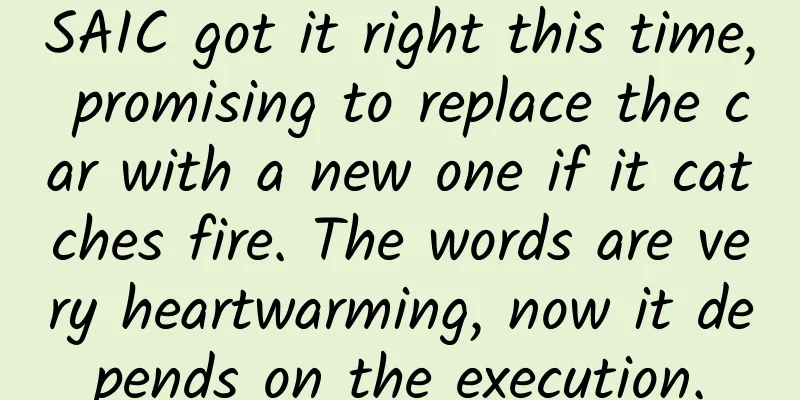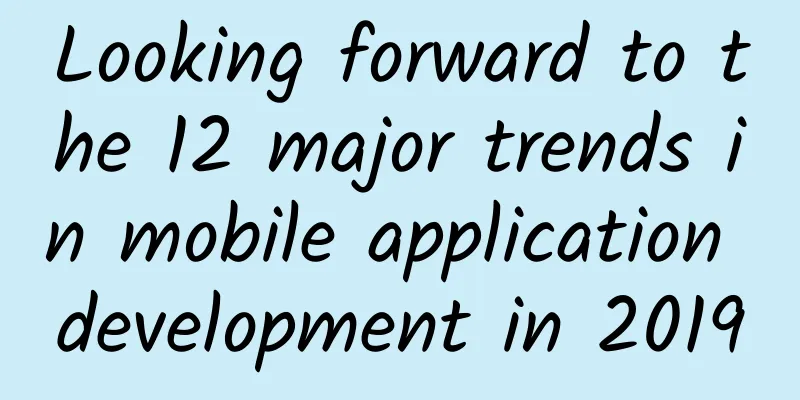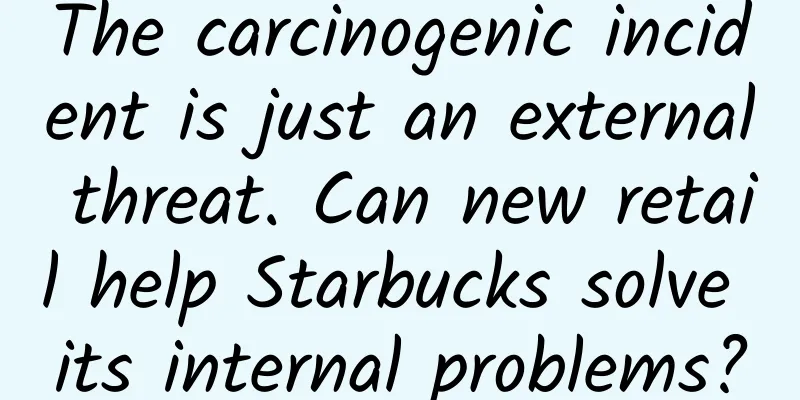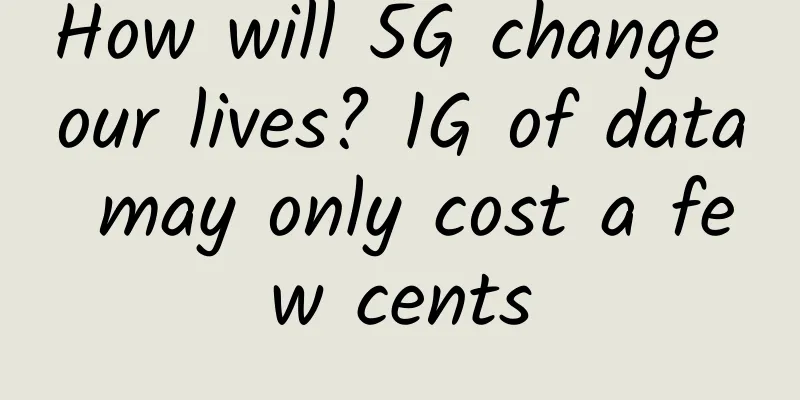He extinguished the fuse of nuclear war, saved the world, and saved mankind from a catastrophe.
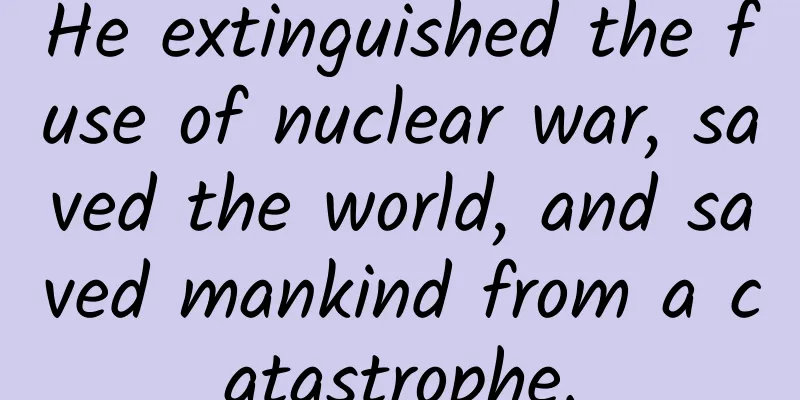
|
We cannot imagine what the world would be like today if the nuclear button had been pressed on September 26, 1983. Ruins and ruins, or would the nuclear winter still not be over? Would you and I still exist? How many humans would still be in the world? This should have been an event that went down in history, but few people knew about it until the hero who prevented the destruction of the nuclear war died quietly at home on May 19, 2017, without alerting anyone. It was not until nine months after his death that German filmmaker Schumacher called to wish him a happy birthday and learned that he had been gone for some time, and then announced the sad news. However, even if it was announced, it did not attract much attention from the world. For example, who knows this name? Recently, I was fortunate to come across information about this incident and found it really bizarre. If it were not for this wise and calm person who made the calm and correct judgment 38 years ago, it is very likely that you and I would not be here to talk about these stories. So I decided to write this person's story and share it with everyone, so that everyone can know this name that should have been very great: Stanislav Yevgrafovich Petrov This is his full name in Russian, which is written as Станисла́в Евгра́фович Петро́в. Russian names are long, so let's just call him Petrov. At the time of his death, he was a retired lieutenant colonel of the former Soviet Air Defense Force, who served in an air defense base south of Moscow in the 1980s. This is a mysterious underground fortress equipped with a system called "OKA", a missile early warning system connected to nine satellites performing surveillance missions in space. These satellites mainly monitor the sky over the United States. If they detect any unusual movement of U.S. nuclear warheads, they will activate the early warning system and sound an alarm. Lieutenant Colonel Petrov was the leader of this bunker. His main responsibility was to monitor the skies over the United States through this system, and immediately report to his superiors when he received a warning of a possible nuclear missile attack against the Soviet Union, and then initiate a nuclear counterattack against the United States. This job was a heavy responsibility, but it was also relatively leisurely. Because common sense would dictate that who would be crazy enough to start a nuclear war that would destroy both humanity and themselves? But that era was indeed very sensitive, and the US-Soviet arms race was in full swing. NATO, led by the United States, and the Warsaw Pact, led by the Soviet Union, are the two major military camps in the world. They have been sharpening their knives and engaging in military confrontation in the form of the Cold War. They have also intervened in and divided up world interests and divided their respective spheres of influence. In the early morning of September 1, 1983, the Republic of Korea Flight 007 took off from John F. Kennedy International Airport in the United States, stopped at Anchorage Airport in Alaska for refueling, and flew to Seoul, South Korea (now renamed Seoul). As a result, the passenger plane accidentally entered Soviet airspace, was intercepted by Soviet Air Force fighters, and was shot down. This was the world's largest Boeing 747 passenger aircraft, with 240 passengers and 29 crew members on board, including 75 South Korean passengers, 61 American passengers (including a U.S. congressman from Georgia), 22 Japanese passengers, 25 Taiwanese passengers, 6 Hong Kong passengers, and 51 passengers from other countries. All of them died. US President Reagan immediately delivered a televised speech, severely condemning the Soviet Union's brutal act of shooting down a civilian airliner. He said that the Soviet Union was ostensibly advocating peace and promoting global disarmament, but was ruthlessly carrying out terrorism in secret and cold-bloodedly slaughtering unarmed innocent civilians. He believed that this crime was unforgivable and must be sanctioned and condemned by the world. When the news reached South Korea, the whole country was in mourning and the cries of grief were deafening. The United States, Japan, South Korea and other countries sent a large number of ships to search for the wreckage of the plane, mobilizing a large amount of manpower and material resources and the most advanced high-tech means, but nothing was found. It turned out that the Soviet Union had already found the wreckage and obtained the black box. But if they handed it over, the world would know the truth, which would be inconsistent with their insistence that they shot down a US spy plane, so they kept it secret until the Soviet Union collapsed and Russian President Yeltsin visited South Korea, and then they returned the black box. This is another story, so I won't talk about it here. This story is brought up here to illustrate that the relationship between the United States and the Soviet Union at that time was very tense and sensitive, and war could break out at any time. The nuclear strike warning incident occurred on September 26, 1983. Only 25 days had passed since the plane was shot down. As usual, Petrov was on duty at the base. Shortly after midnight, a piercing alarm sounded. Petrov immediately went to the display screen and found an intercontinental missile flying from the United States to the Soviet Union. He immediately became nervous. According to regulations, he must report to his superiors immediately, and his superiors will decide whether to launch a nuclear attack on the United States. While he was hesitating, the computer found another four intercontinental missiles flying towards the Soviet Union. According to the missile speed, these missiles will hit targets in the Soviet Union in 28 minutes. Everyone was shocked and broke out in a cold sweat. Could it be that the United States really launched a revenge for the downing of the passenger plane? As the person in charge, Petrov was at the mercy of the situation. What should he do? The warning information displayed on the computer was very clear and unambiguous. Petrov knew that if he reported it, there was a high possibility of launching a nuclear attack and a world nuclear war would begin. This might very well be the end of mankind. If he did not report it, and the missiles hit the Soviet Union, his country would suffer huge damage and even lose its ability to fight back. It would bring disaster to the country and the people, and he would be blamed for his own death. The electronic map and the screen kept flashing. Petrov held the phone in one hand and the intercom in the other. He was extremely nervous for five minutes, and all kinds of possibilities flashed through his mind. Should he report it immediately or wait? Five minutes later, Petrov tried his best to calm himself down and analyze the situation calmly. He intuitively judged that this might be a computer error. The reason is: If the United States really wants to launch a preemptive nuclear attack, it should launch at least 100 missiles, not just 5. Because there must be enough nuclear bombs to attack the Soviet Union's nuclear launch sites across the country to completely destroy the Soviet Union's nuclear counterattack force. Isn't launching these 5 missiles a deliberate whistle to leave us with the power and excuse to launch a devastating attack on the United States? Are Americans so stupid? He thought it was unreasonable. So he studied the ground radar and satellite monitoring screens more carefully and found no more missiles flying towards the Soviet Union, which made him more determined that this was a false alarm. Petrov decided to report to the headquarters that the "OKA" early warning system had malfunctioned. Many years later, he told the BBC that "all I had to do was pick up the phone and dial the direct number of my superior commander - but I couldn't move, I felt like an ant on hot bricks." He said: "After 23 minutes, I realized that nothing had happened. If the other side really launched an attack, then I would have known it by now. It was a relief." It was easy to talk about it later, but at the time he was extremely nervous. Many colleagues advised him: "What if it is true?" He remained unmoved and insisted on his own opinion. The clock passed by minute by minute, and time seemed to pass unusually slowly. Everyone's heart was about to jump out of their chest. Would it end with a "boom" explosion? No one knew. 28 minutes passed, 29 minutes passed, 30 minutes passed, nothing happened, and everyone cheered. Thanks to the wise and calm judgment of Petrov and his colleagues, the world escaped a great disaster. In this averted great disaster for mankind, are you and I also lucky? Thinking about it now, I still feel terrified The Soviet Union had thousands of nuclear missiles. If Petrov had reported firmly that the US nuclear missiles were coming and would hit the Soviet targets in 28 minutes according to the computer warning, the former Soviet officials would have made a decision to launch a full-scale counterattack. The missiles attacking the US would have been ten or a hundred times greater than the five missiles, and would have destroyed all the strategic locations in the US that had been targeted long ago. The United States will certainly not sit idly by and will immediately launch a full-scale counterattack. Soon, the two superpowers will be engulfed in flames. Some people may be lucky, and even some unscrupulous people may applaud, thinking that this is a dog-eat-dog fight between two superpowers, and it has nothing to do with me. It is a good thing that they are destroyed, and the world will be more peaceful. In fact, this is a manifestation of ignorance and cruelty. No matter how heinous the crimes of these two superpowers are, the vast majority of the people are always innocent. Are so many women, children, and weak people also guilty? Moreover, will other countries stay out of it? Almost all of the US's allies are die-hards. Britain and France are both nuclear powers. Will they just sit back and watch? Even for countries without nuclear weapons, NATO and the Warsaw Pact have agreements that if one country is in trouble, they must join forces to save it. Wouldn't a world war break out? At that time, China and the Soviet Union were mortal enemies, and China and the United States had just established diplomatic relations and were in the honeymoon period. Wouldn't they have made some moves? Would they have been able to remain immune? Wouldn't one or two missiles have missed their target and landed in other countries? Would the radioactive pollution from the nuclear explosion have been confined to the United States and the Soviet Union and would not have spread beyond the borders? Moreover, these two powers are both major economies in the world, especially the United States, whose economy accounts for nearly half of the world's economy. Once the economies of the United States, the Soviet Union, Britain and France collapse, the world will inevitably enter a great depression and even a great famine. Therefore, it is naive to think that a nuclear war between the United States and the Soviet Union would be just a matter between the two countries. the truth Investigations after the crisis showed that the early warning system mistook the sun's reflection from the top of the clouds for the explosion light cloud of a missile launch, which resulted in a misjudgment and an alarm. This type of information should have been filtered out by the computer, so the system was fully upgraded. Fortunately, Petrov successfully avoided a global catastrophe with his rich experience and calm analysis and judgment. In theory, Petrov has made immortal contributions to the world, including the Soviet Union, and should be highly commended. But this is a sensitive issue. If it were to be known that the Soviet early warning system had such a big loophole, it would really damage the reputation of the Soviet military. The Soviet Union's rule at the time was shrouded in shady dealings. Although Petrov was internally praised for his actions, he was also severely punished for not keeping proper duty records. As a result, he was forced to retire by the military in 1984, and the incident was kept secret as a military secret. Later, explaining the duty diary issue, Petrov said: "I had the phone in one hand and the intercom in the other, and I didn't have a third hand." After retiring, Petrov lived in obscurity, and once made a living by growing potatoes. It was not until 1998, after the Soviet Union had long since collapsed, that the archives were declassified, and the memoirs of General Yuri V. Volintsev, the retired commander of the former Soviet missile defense, were published, which recorded this thrilling event, that Petrov's deeds became known to the world. Honor and Destination Later, Petrov received many honors. In 2006, he received an award from the General Assembly of World Citizens in the United States; in 2013, he was awarded the Dresden Peace Prize; his deeds were made into a movie "The Man Who Saved the World", and his deeds were widely circulated. "I was just in the right place at the right time," he said in the film. He became friends with many famous actors and filmmakers. But Petrov was very low-key and did not like to be in the spotlight. "At first, I was surprised when people started telling me that these TV reports made me a hero," he said in an interview with Russia Today in 2010. "I never considered myself a hero because I was just doing my job." He also said on some occasions that the early warning system was put into use hastily because the United States introduced a similar system and he knew that the system was not 100% reliable. In an interview with Germany's Der Spiegel magazine, he said: "We should be smarter than computers because we created them." “All I had to do was pick up the phone and dial the direct number of my commander — but I couldn’t move. I felt like a cat on hot bricks,” he told the BBC in 2013. “I had all the data (showing we were under attack from U.S. missiles). If I sent that report up, no one would say anything about it.” In an interview with The Washington Post, Petrov attributed his correct judgment at the time to his training and intuition. He said: "I had a strange feeling that I didn't want to make a mistake, so I made the decision, and that was it." Even in Petrov's plain narration, we still feel the creepy fear: If, if, the terrible if, he had made another choice at that time, what would the world be like today? In his later years, Petrov lived a low-key and peaceful life. On May 19, 2017, he died of pneumonia at his home in a small town near Moscow at the age of 78. No one knew about his departure, and there was no grand commemoration like that of a celebrity. But he brought much more blessings to mankind than any celebrity, and mankind should not forget him. What do you think? Welcome to discuss, thanks for reading. The copyright of Space-Time Communication is original. Infringement and plagiarism are unethical behavior. Please understand and cooperate. |
>>: Today's Loess Plateau was the home of this ferocious "shark" 290 million years ago
Recommend
The 'second moon' left the Earth, and astronomers captured its farewell
This image of the temporary "mini-moon"...
BYD: BYD's cumulative sales in 2022 reached 1.8635 million vehicles, a year-on-year increase of 208.64%
BYD issued an announcement that its sales of new ...
Comparison of 150,000-level square box road light off-road SUVs: Jetour Shanhai T1 VS Haval Raptor
Jetour Shanhai T1 has launched three plug-in hybr...
Foshan Mini Program Mall promotion and traffic diversion, how to promote WeChat Mini Program Mall?
Recently, many customers have sent private messag...
The Devil Boy's Trouble in the Sea, Made It to the Cover of a Top International Academic Journal? Pictures Speak the Truth
The 2025 Spring Festival movie "Nezha: The D...
Where is the small county in Zhejiang that is “least like Zhejiang”?
Loading long image... Source: Authentic Scenery...
The latest results of the Chinese Civilization Origins Exploration Project have been released!
On the morning of December 9, the State Administr...
Any pan can be turned into a non-stick pan. How to do it? First, you need to understand the Leidenfrost effect.
Did you know that any pan can be turned into a no...
Operation and promotion: Thoughts on the 3-fold growth of App users
Scenario—Creativity—Benefit Point—Cycle—Channel, ...
Seeing the Earth's rotation with the naked eye! This scene is so shocking
"I saw the earth's rotation with my nake...
TrendForce: In the fourth quarter of 2024, the total revenue of the world's top ten wafer foundries reached US$38.48 billion, an increase of nearly 10% month-on-month
According to the latest research report released b...
AppTalk: How to build an efficient entrepreneurial team and high-quality apps?
Beijing is a city full of entrepreneurial atmosph...
Xinzhu "30-day hand-painting training camp: Become a hand-painting master even with zero basics"
Xinzhu's "30-Day Hand-Painting Training ...
Can Cordyceps sinensis be eaten by people with high blood pressure?
Everyone knows that people with high blood pressu...
Google's "AI Guess the Picture" app is popular on WeChat Moments: user participation makes it smarter
One day after its launch, Google's first WeCh...
